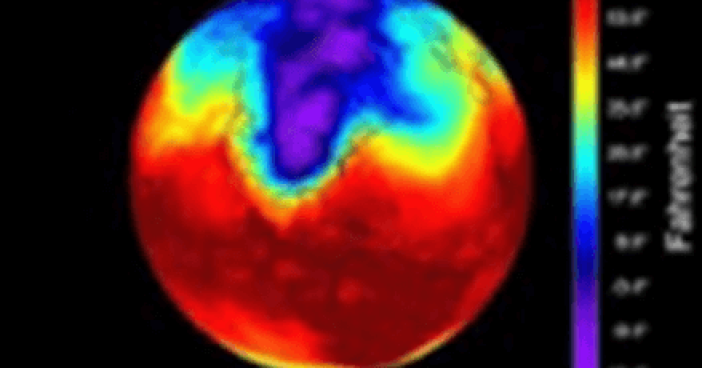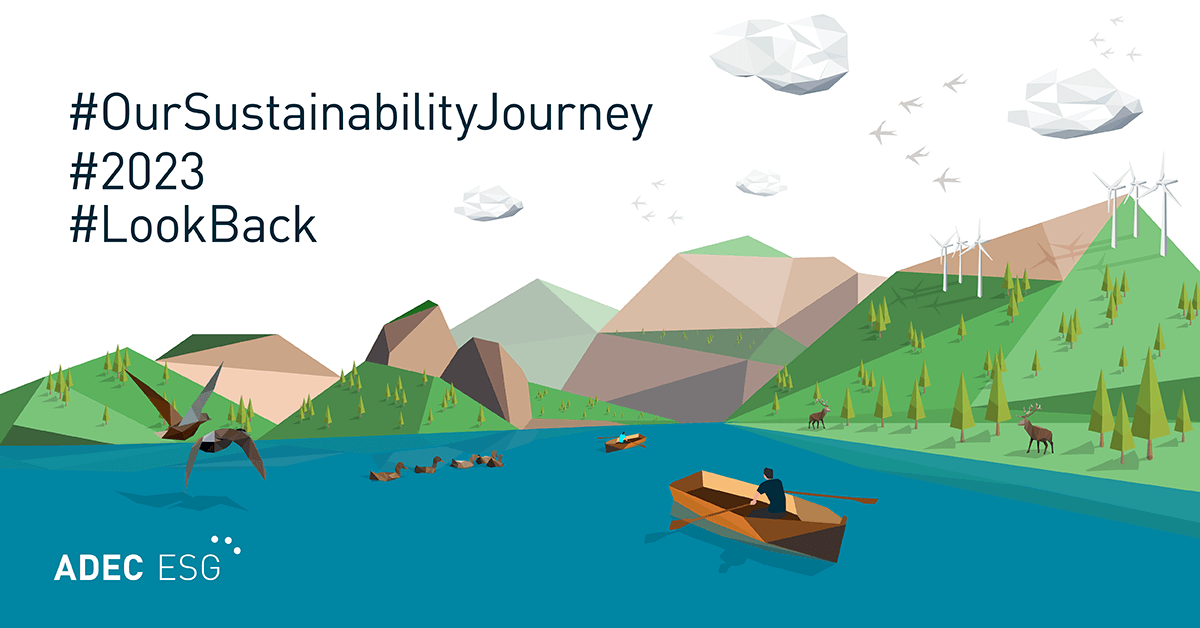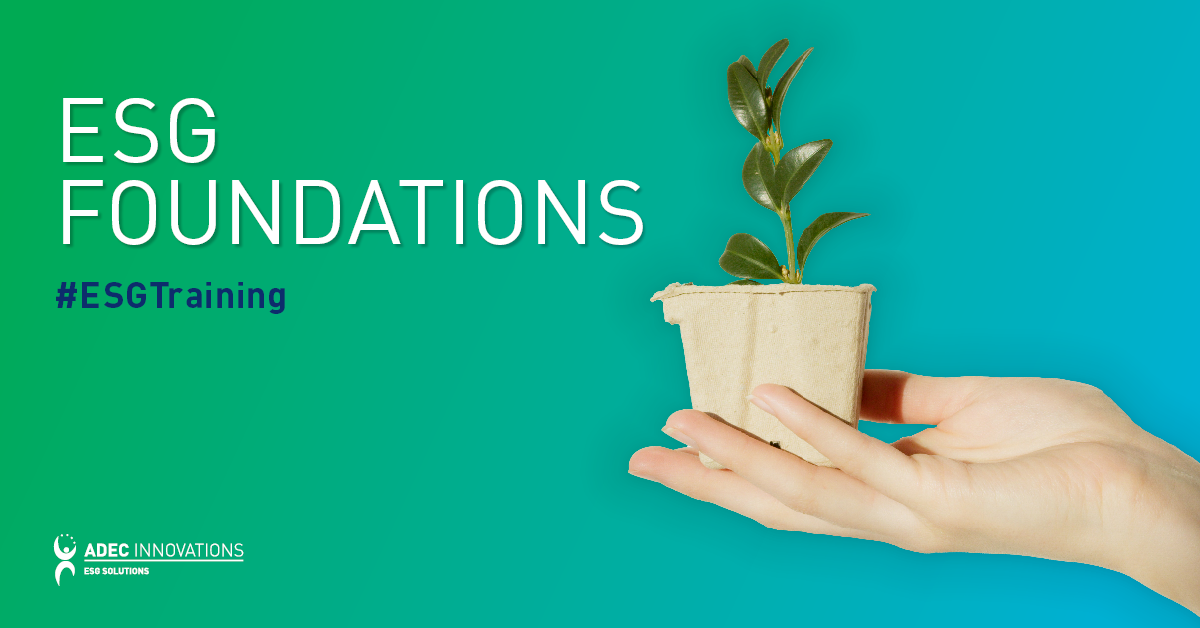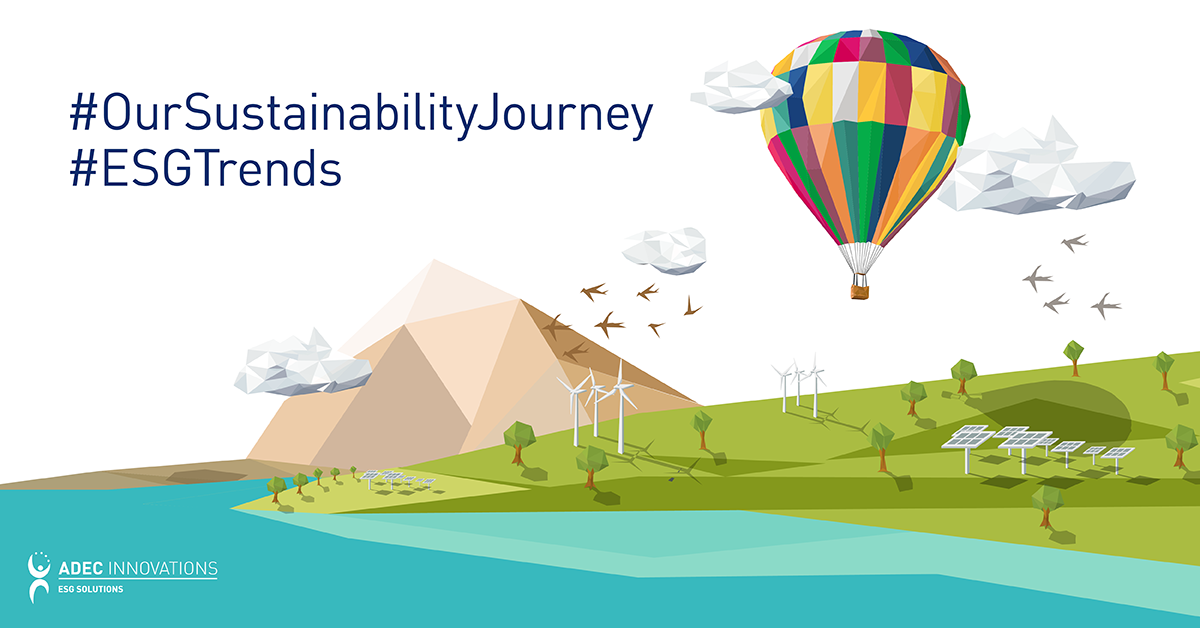Climate change and global warming are making heat waves occur more often. When there is a heat wave, that’s when we realize we should pay more attention to sustainability and environmental issues. It’s easy to lose sight of the big picture when we feel cool and comfortable with air conditioning (AC) at home. It’s great…until you get your electricity bill. That’s when you realize you should also pay more attention to energy management. You see, they all go together—sustainability, environmental responsibility and energy management.
What is energy management? I’m not referring to the kind of commercial energy management that requires energy management consultants. I’m talking about the kind of energy management that the average consumer can perform to ensure energy optimization in their homes in terms of reducing consumption.
To reduce your air conditioner’s appetite, here are seven energy management tips to keep your home cool as long as possible to delay your air conditioner from turning on:
1) Set the thermostat for when you leave home, and for sleep.
No point in paying for energy you’re not using!
Set the thermostat to 26C (79F) or higher when you leave your home in the morning, and drop it to 24C (75F) or lower an hour before going to bed. This is a simple way to do your part in ensuring sustainability the proper management of energy.
What I also do is close my upstairs vents to the areas that are not being used overnight, to concentrate the cold air where needed for sleeping comfortably.
2) If you have a basement, cover the ceiling vents!
Cold air sinks, and basements are naturally cooler in the summer because they’re below ground. Often, the basement is like a freezer when the air conditioner is on, and the rest of the house is just barely cool.
Before the summer season I close the ceiling vents in the basement and cover them with a magnetic cover. Then, I tape the cover to the vent’s frame to minimize cold air leakage. The basement is still very cool, but not freezing!
3) Cover your windows!
In the summer, the heat will enter your home from the windows, so cover them in the early morning until the evening when it is cooler. It’s also a good way to keep out the environmental pollution.
I have blinds on all the windows, which are energy efficient, including those facing north, as well as the skylights.
On very hot days, I also close the curtains, which are lined to prevent deterioration of the fabric from the sun. I know these are effective barriers because I’ve cleaned the windows on a warm (not hot) day, and it was unbearably hot between the blinds and the windows.
The added benefit of having the blinds down is that my pictures and furniture don’t fade because they’re protected from the sun’s rays.
If you have shutters, have the slats face downward to enjoy sunlight without the heat.
4) Use LED lights.
LED lights generate far less heat than incandescent or fluorescent lightbulbs (CFC), so if there is less heat, it could help the air conditioner cool the entire home and make it energy efficient. They are a lot better for the environment, too, with their longer lifespan, which is great for your personal carbon management. They are also more eco friendly with no toxic elements that contribute to environmental pollution.
I got rid of my incandescent lightbulbs and replaced most of my CFC and halogen lightbulbs with LED. The first thing I noticed about LED lightbulbs is they do not get hot. The reason they are better for energy efficiency management is that they use less power and they convert 95% of that power to light—with only 5% wasted as heat.
If you don’t have LED lightbulbs, which in my opinion is energy efficient, turn off all the lights you don’t need, especially during the day. Also, unplug any appliances/lights you don’t need. This simple practice contributes a lot to your energy efficiency management. So be sure to leave the plug visible so that you know it is unplugged. (It’s annoying to wait indefinitely for bread to be toasted when you don’t know the toaster is not plugged in.)
5) Change your Cuisine.
The kitchen is the energy hog of your home, which makes energy optimization important. In a heat wave, the heat from the appliances (stove, burners, dishwasher, etc.) will make your home hotter, which affects your air conditioner. (In the 1800’s and early 1900’s, pioneer houses had a summer kitchen so that the cooking heat wouldn’t go into the house.)
Do not use your oven! Minimize using your electric burners! Have quicker meals!
During a heat wave, I value the toaster oven. I value it more than the microwave. It takes less energy to heat food, and generates much less heat than the oven. I can make a banana bread, pie, cook fish, etc. As long as the dish or item fits in, I can cook it!
I also have a gas cooktop. The advantage is that the energy is on demand, and there is no residual heat left after the element is turned off.
I also got rid of my coffee machine and replaced it with a coffee press. It takes less room on the counter, and it doesn’t make all that steam. I boil the water, pour it on the coffee grains, stir, and it is ready to enjoy!
During a heat wave, I wash the dishes that I need, and use the dishwasher as a discreet dirty dish rack until it is cooler to turn on the dishwasher.
6) Turn Off your Appliances when not in Use
Computers, laptops, televisions, stereos, etc. generate a lot of heat. Turn them off when you’re not using them! Better yet, unplug them. This cannot be said enough—it goes a long way towards improving your energy efficiency management and helping the environment in the process.
7) Minimize your Dryer Use
Get rid of your plush towels, and replace them with bath sheets. Get a clothes rack or line to hang clothing like towels, jeans and tablecloths in your laundry room that can dry naturally.
I found that by doing so, the dryer is on for 15 minutes instead of 45!
The easiest way to save money on energy is to make sure your energy efficiency management is top-notch. Use energy wisely. Sustainability and energy efficiency management go hand in hand, so when you help the environment you also help yourself. It just requires a cultural change to make a difference.
FirstCarbon Solutions (FCS) helps organizations recognize business drivers for sustainability practices and offers cost-effective sustainability management solutions. FCS provides guidance on industry best practices and can help you with your sustainability programs. For more information on other sustainability solutions, read this article from our monthly newsletter, GreenWatch.






